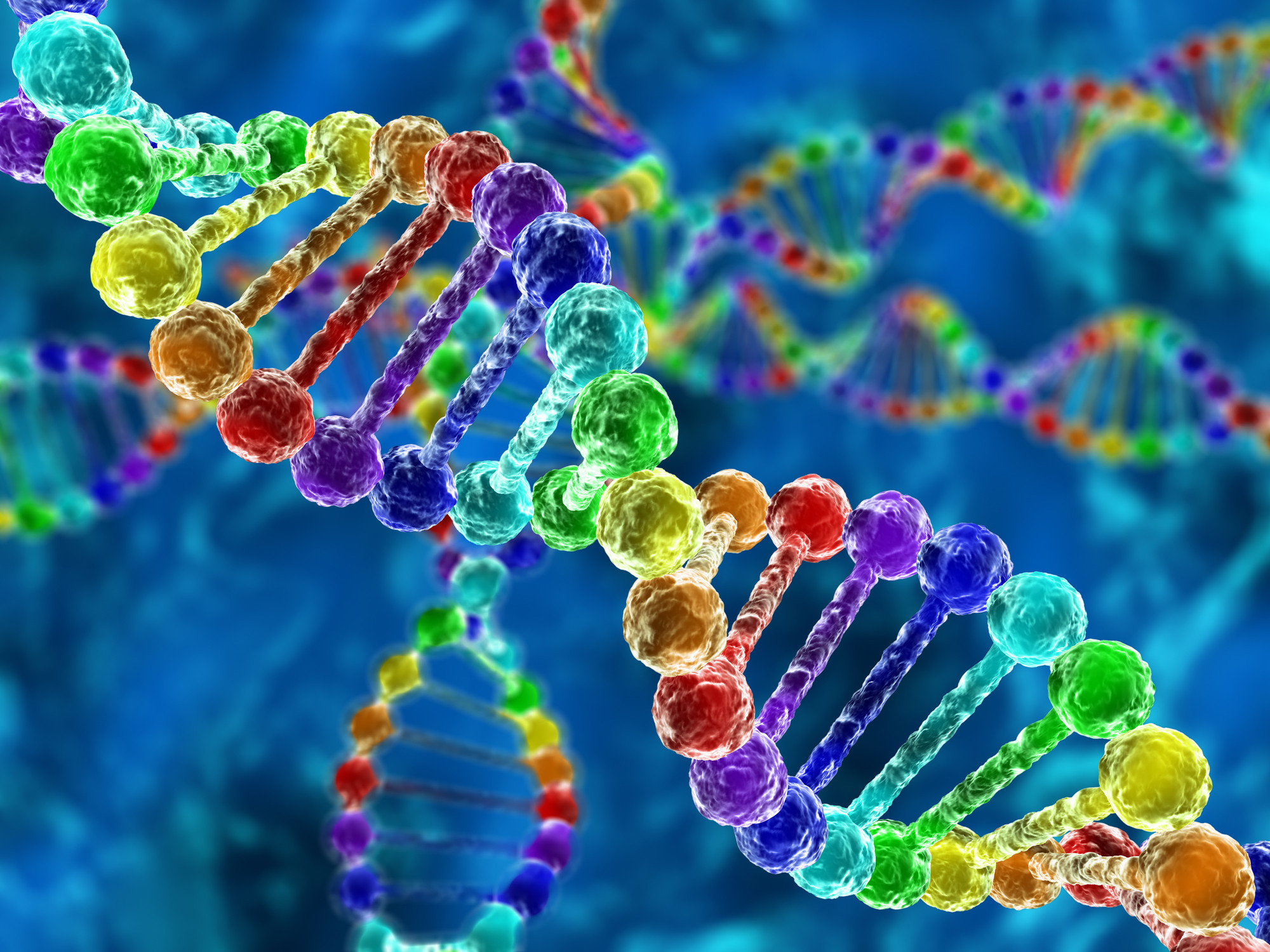From Trial and Error to Precision Treatment: How Genetic Testing is Revolutionizing Medication Therapy

Image Source: Google
Genetic testing has been revolutionizing medication therapy, shifting the approach from trial and error to precision treatment. By analyzing a patient's genetic makeup, healthcare providers can now tailor their prescriptions to suit their unique biological needs. This personalized approach to medication is transforming the field of medicine, leading to more effective treatments and fewer adverse reactions.
Traditionally, healthcare providers have relied on a trial and error method when prescribing medications to patients. They would start with a standard dose and monitor the patient's response, adjusting the dosage or switching to a different medication if necessary. This approach, while common, is not always effective and can lead to prolonged suffering for the patient as they navigate through different medications to find the right one.
With the advent of genetic testing for medication, healthcare providers can now analyze a patient's genetic profile to determine how they metabolize certain medications. This information can help predict how a patient will respond to a particular medication, allowing healthcare providers to prescribe the most effective treatment right from the start. This precision approach can save time and resources while also minimizing the risk of adverse reactions.
One area where genetic testing has made a significant impact is in the field of psychiatry. Mental health medications can be particularly challenging to prescribe, as patients often respond differently to the same medication. By analyzing a patient's genetic makeup, healthcare providers can now predict how an individual will respond to certain psychiatric medications, allowing for more targeted and effective treatment.
Genetic testing is also playing a crucial role in cancer treatment. Tumors can develop resistance to certain cancer drugs, making treatment less effective over time. By analyzing the genetic mutations present in a patient's tumor, healthcare providers can now tailor their treatment plan to target the specific mutations driving the cancer's growth. This personalized approach to cancer treatment has led to improved outcomes and better quality of life for cancer patients.
Another area where genetic testing is revolutionizing medication therapy is in the realm of pain management. Chronic pain conditions can be particularly challenging to treat, as patients often require high doses of pain medications to achieve relief. However, some patients may metabolize these medications differently, leading to an increased risk of adverse reactions or overdose. By analyzing a patient's genetic profile, healthcare providers can now tailor their pain management plan to suit their individual needs, minimizing the risk of adverse reactions while maximizing the effectiveness of the treatment.
While genetic testing has made significant strides in revolutionizing medication therapy, there are still some challenges that need to be addressed. One of the main challenges is the cost of genetic testing, which can be prohibitive for some patients. However, as technology advances and the cost of genetic testing continues to decrease, it is hoped that more patients will have access to this life-changing technology.
Another challenge is the interpretation of genetic testing results. Healthcare providers need to be well-educated on how to interpret genetic data and apply it to medication therapy effectively. Education and training in this area are crucial to ensure that patients receive the most benefit from genetic testing.
In conclusion, genetic testing is revolutionizing medication therapy by shifting the approach from trial and error to precision treatment. By analyzing a patient's genetic makeup, healthcare providers can now tailor their prescriptions to suit their unique biological needs, leading to more effective treatments and fewer adverse reactions. While there are still some challenges to overcome, the future of medication therapy looks promising with the integration of genetic testing.
